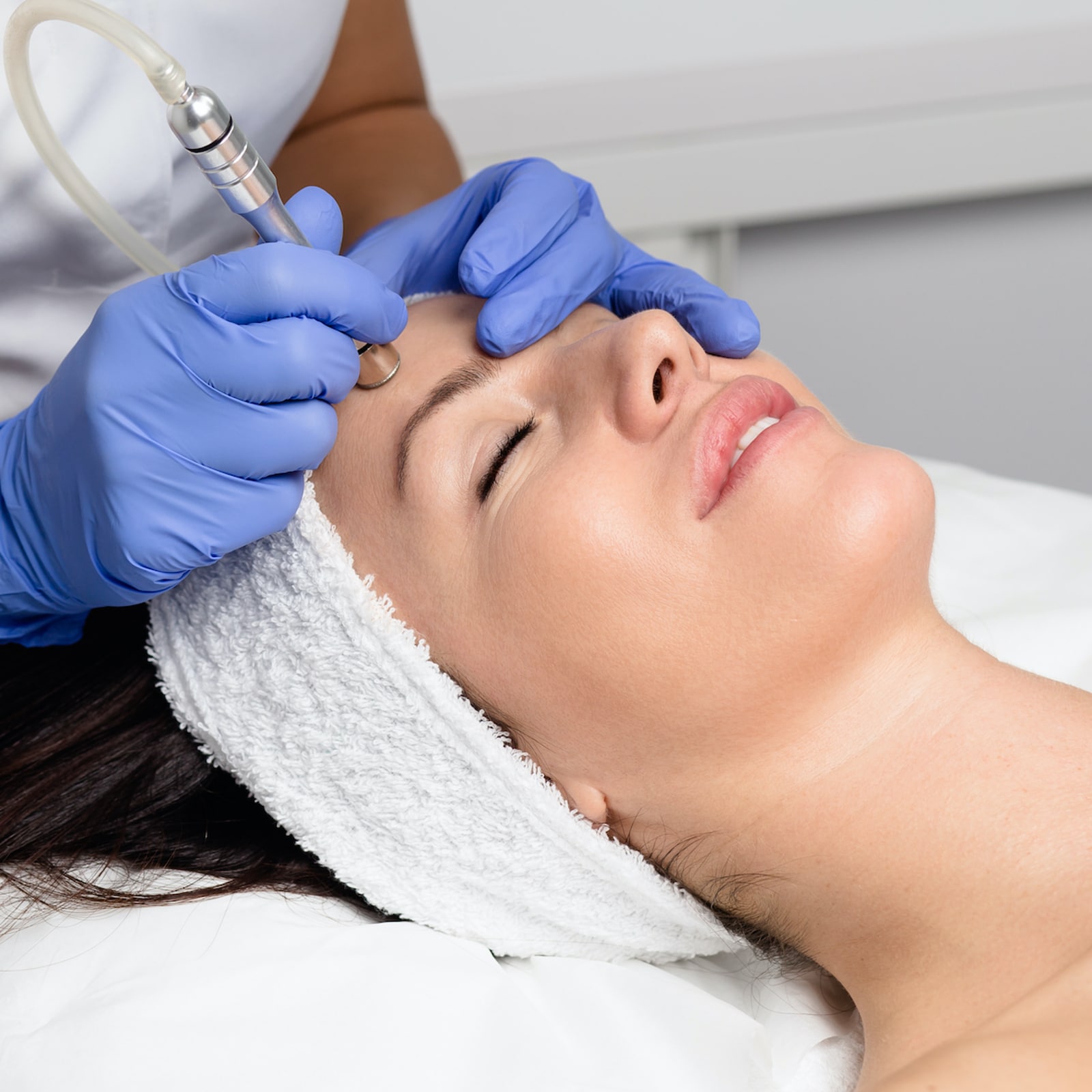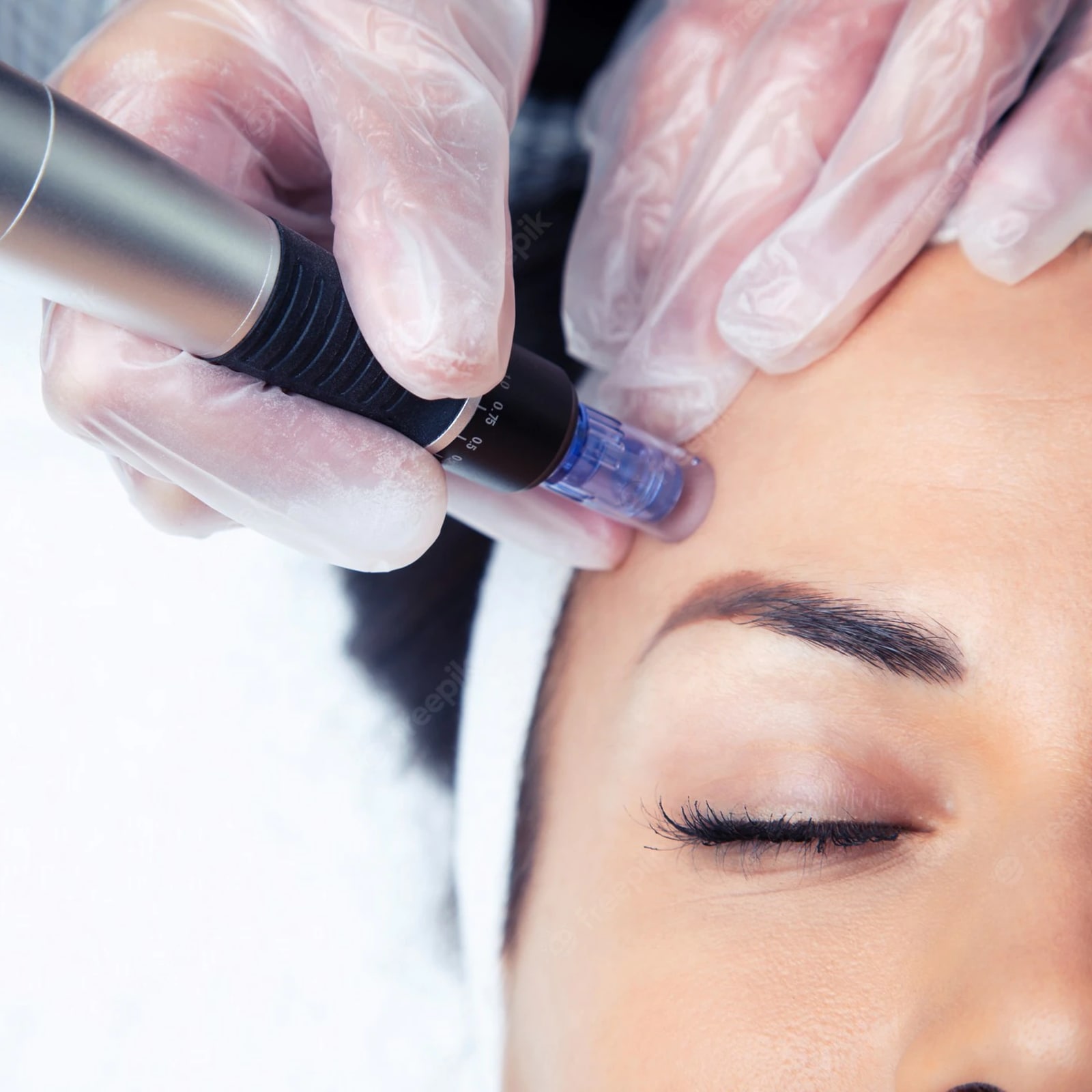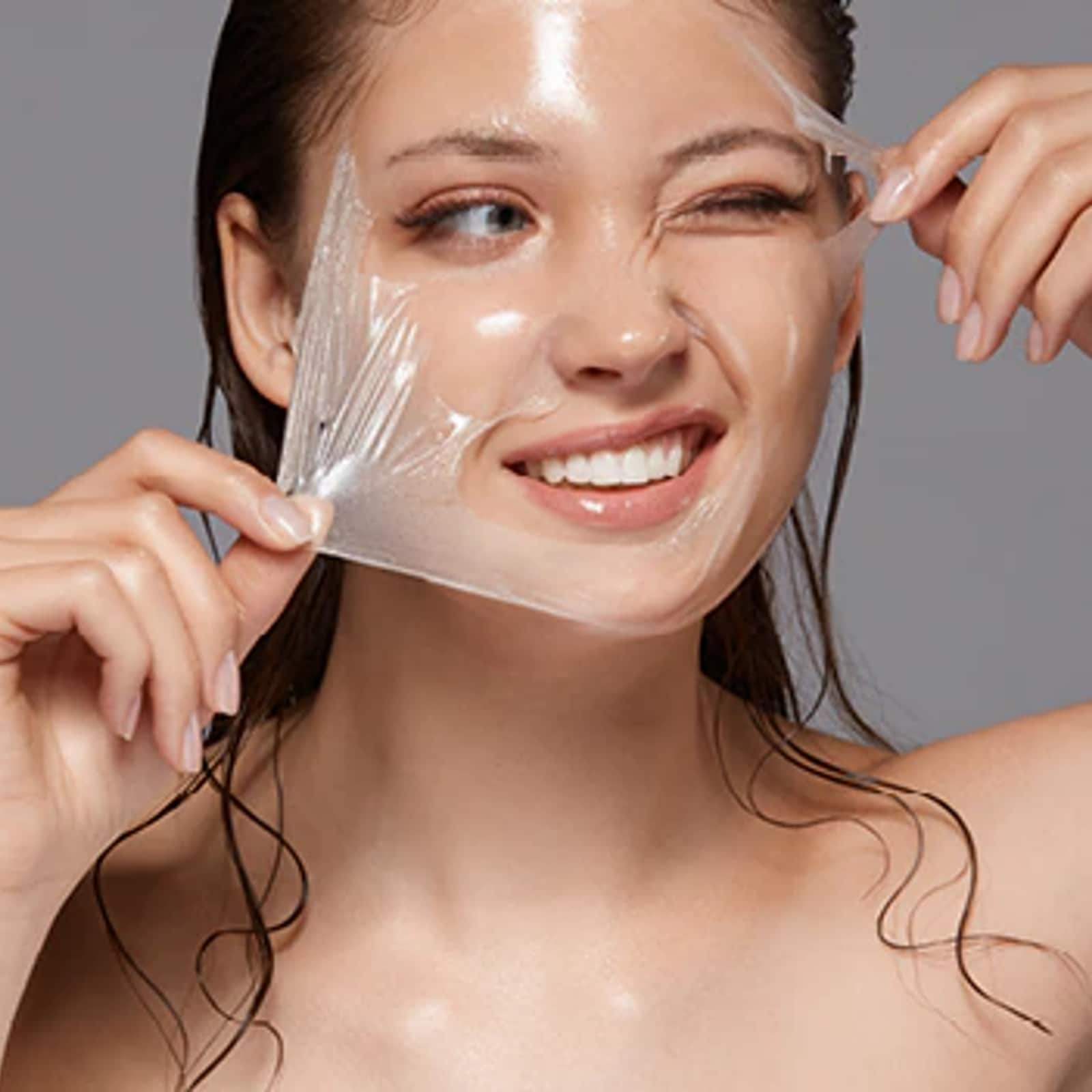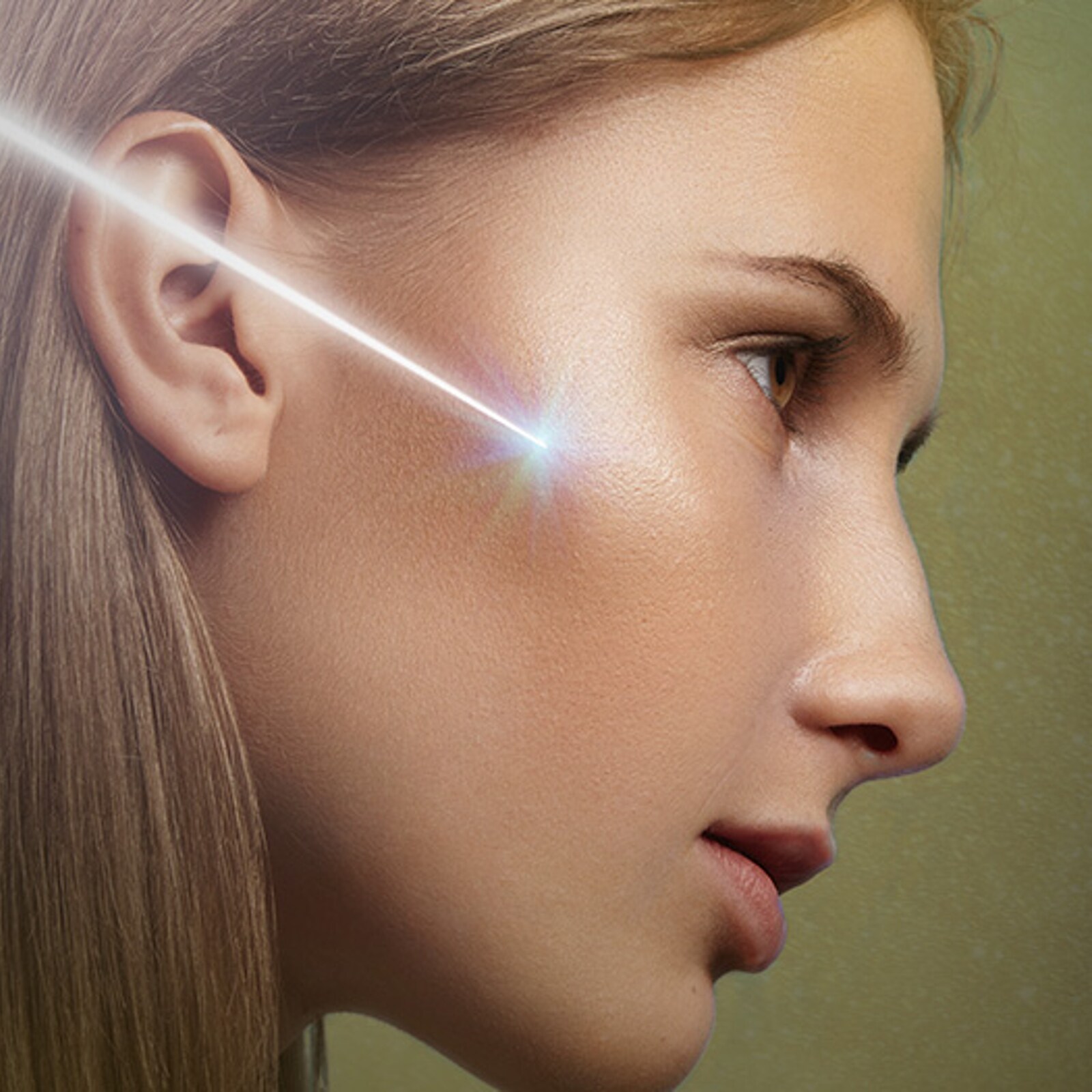Medical facials and Salon Facials
The goal of salon facials is to provide a more relaxing and pleasant experience. These facials only work on the epidermis, and the results are transient. The products hairdressers employ may or may not be of high quality. These harsh chemical products frequently do more harm than good.
A Medi facial, also known as a medical facial, is a procedure carried out with natural materials under the direction of dermatologists. Medi facials, which target the deeper layers of the face and offer you bright, glowing skin, don’t require any downtime. Your skin type, including sensitive skin and skin diseases including rosacea, acne, scars, pigmentation, sun damage, fine and wrinkles, and pigmentation, all be catered for in a medical facial.
What is the expert’s opinion?
One of the main reasons why medical facials function better than salon facials, in the opinion of dermatologist and hair transplant surgeon Dr. B. L. Jangid, is that they help one get beautiful skin from the inside out. “Medical facials target the root causes of issues, going beyond the skin’s outermost layers. Salon facials, on the other hand, only alter the skin’s appearance temporarily, according to him.
He claims that few people are aware of Medi facials. They think they are just for persons with severe skin conditions or that the therapies are out of reach financially, Dr. Jangid continues
The several varieties of medical facials:
Mesotherapy:
Vitamins are injected using a microneedle into the skin’s dermal layer. It helps to brighten the dermis layer and rejuvenate the face.
Microdermabrasion:
Using a sophisticated equipment, it exfoliates the skin. Using diamond tips or crystals, the tool removes the topmost layer of dead skin off the face.

Hydrafacial:
When we talk about a “hydra facial,” we’re actually talking about “hydradermabrasion,” which combines all the necessary procedures like adequate cleansing, exfoliation, antioxidant provision, extraction, hydration, and so on. This non-invasive, non-irritating procedure moisturises the skin and provides it a radiant, healthy appearance.

Derma roller or derma pen:
A cosmetic technique called micro-needling, which can be performed with either a dermapen or derma roller, involves repeatedly puncturing the skin with small, sterile needles to administer platelet-rich plasma or serum to the face. It works wonders to nourish the dermal layers and rejuvenate the skin.

Peels:
Peels are typically used to remove your skin’s dead cells. A chemical peel uses an acid solution, alpha hydroxy acids (AHA), trichloroacetic acid (TCA), or phenol. This will help to reduce wrinkles and skin discoloration while also improving the texture of the skin. On other parts of the body, stretch marks or visible spots can be lessened with chemical peels.

With a Q-Switch, a laser:
The Q-switched laser technique, as its name suggests, uses a laser to apply and inject the necessary ingredients. You receive a picture facial from it, which illuminates your face and gives you a radiant natural glow.

LED Treatment:
Women who are showing premature or early indications of ageing should receive this treatment. The results of this Medi-facial surgery are enhanced by the use of blue and red LED therapy. It benefits skin that is prone to acne and functions as an anti-aging treatment.
Dr. Jangid continued, “A trip to the salon can infect you since the tools and towels they use might not be appropriately clean or sterilised. Additionally, if the procedures aren’t done properly, the products they use may react with your skin, leading to rashes, boils, and other skin issues. Before going to a salon, you should research the beautician, the staff, and the facility’s credentials. Therefore, it is always advised to see a dermatologist or skin professional who has more knowledge of your skin and can advise you on the best Medi facials and other treatment choices for your skin type and needs.
Read the Latest News and Breaking News here
























